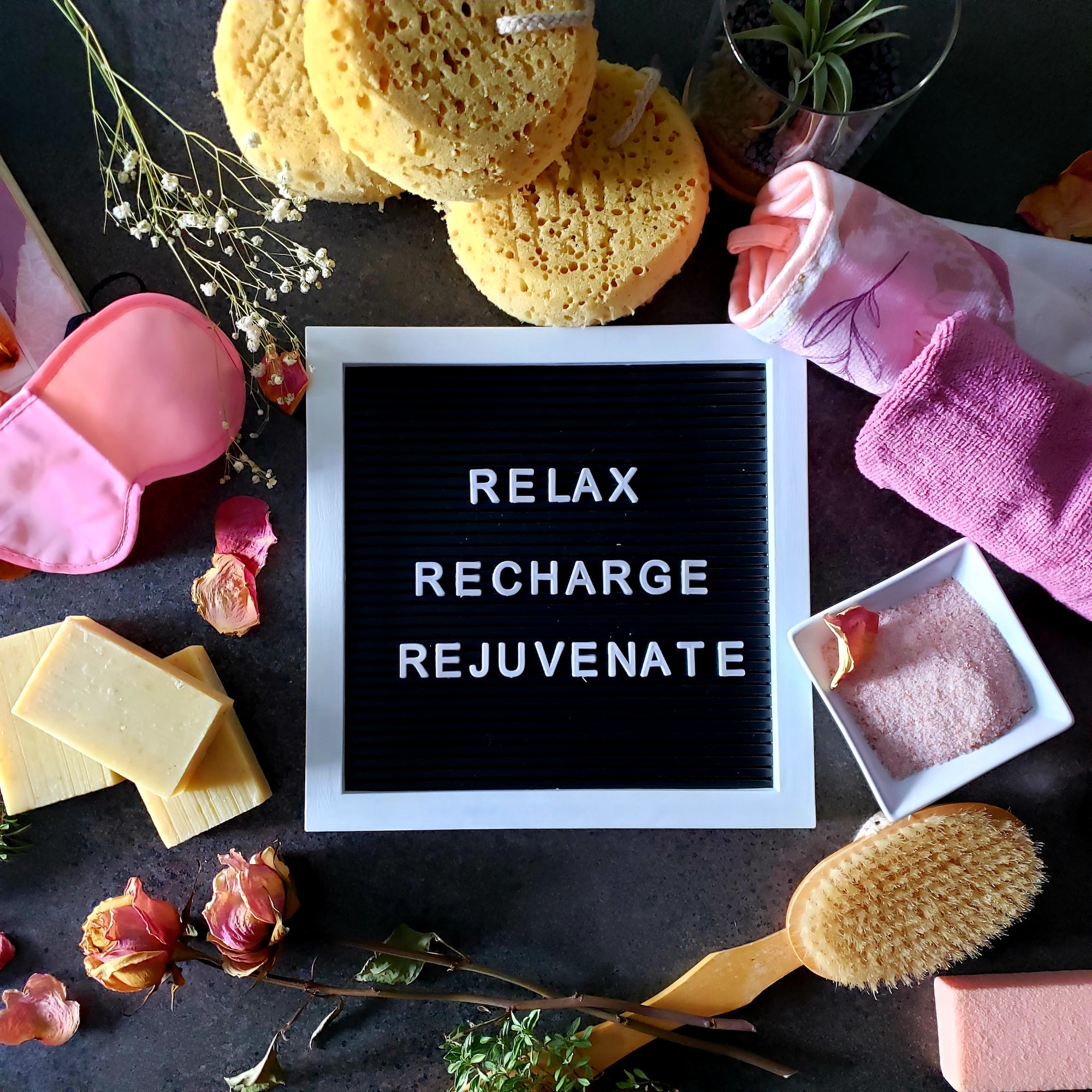Trauma is an unfortunate part of life for many people. It can come in many forms, such as physical abuse, sexual abuse, emotional abuse, or even natural disasters. Whatever the cause, trauma can have a lasting impact on a person’s mental health. However, it is important to remember that healing from trauma is possible, and there are many strategies that can help individuals cope and move forward. In this article, we will explore the connection between trauma and mental health, as well as provide tips and research-based strategies for healing.
Trauma and mental health: the connection
Trauma can have a profound impact on a person’s mental health. It can cause symptoms such as anxiety, depression, and post-traumatic stress disorder (PTSD). These symptoms can be debilitating, making it difficult for individuals to function in their daily lives. Trauma can also cause individuals to experience feelings of shame, guilt, and anger, which can further exacerbate symptoms of anxiety and depression.
Research has shown that trauma can also have a negative impact on an individual’s physical health. For example, individuals who have experienced trauma may have a higher risk of developing chronic health conditions, such as heart disease and stroke. Additionally, trauma can also lead to substance abuse and addiction, as individuals may use drugs and alcohol as a means of coping with the emotional pain caused by their traumatic experiences.
Tips for coping and moving forward
Despite the challenges posed by trauma, it is important to remember that healing is possible. Here are some tips and strategies that can help individuals cope and move forward:
Seek support
One of the most important steps in healing from trauma is seeking support. This can come in many forms, such as talking to a therapist, joining a support group, or confiding in a trusted friend or family member. Having a supportive network can provide individuals with the comfort and validation they need to heal.
Engage in self-care
Self-care is critical for individuals who have experienced trauma. This can include activities such as exercise, meditation, and journaling. Engaging in self-care can help individuals manage their symptoms and improve their overall mental health.
Practice mindfulness
Mindfulness is a practice that involves being present in the moment and focusing on one’s thoughts and feelings. Research has shown that mindfulness can be helpful for individuals who have experienced trauma, as it can help them manage their symptoms and reduce feelings of anxiety and stress.
Process the trauma
Processing the trauma is an important part of healing. This can involve talking about the traumatic experience with a therapist, or writing about it in a journal. Processing the trauma can help individuals gain a better understanding of what happened, and it can also help them come to terms with their feelings and emotions.
Avoid substance abuse
Substance abuse can be tempting for individuals who have experienced trauma, but it is important to avoid it. Substance abuse can make symptoms worse and prevent individuals from healing. Instead, it is recommended to seek support and engage in healthy coping mechanisms.
Seek professional help
For some individuals, professional help may be necessary in order to heal from trauma. This can include seeing a therapist or a mental health professional who specializes in trauma. These professionals can help individuals process the trauma, manage their symptoms, and develop strategies for moving forward.
Final Words…
Trauma can have a profound impact on a person’s mental health, but it is important to remember that healing is possible. While the road to recovery may not be easy, it is important to take it one day at a time and not give up hope. Remember, healing is a journey and not a destination, and progress, no matter how small, is still progress.









